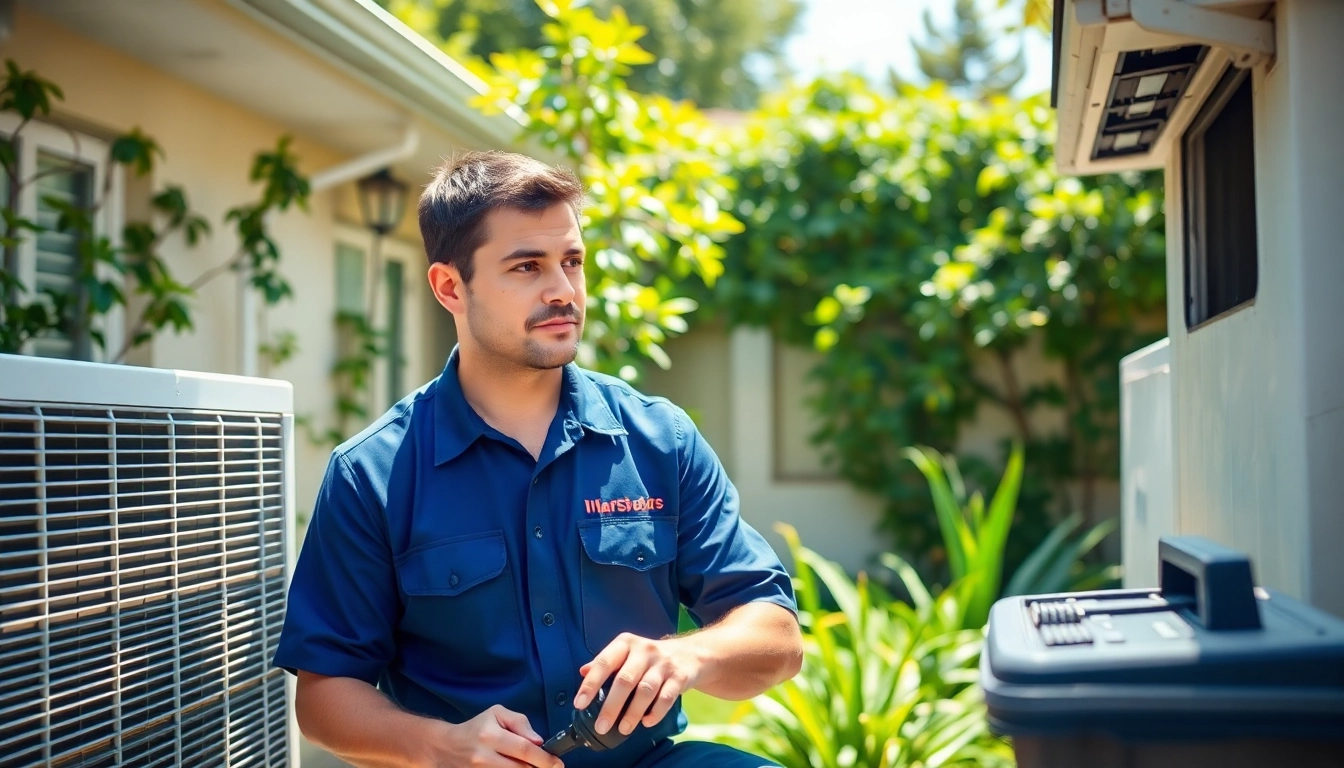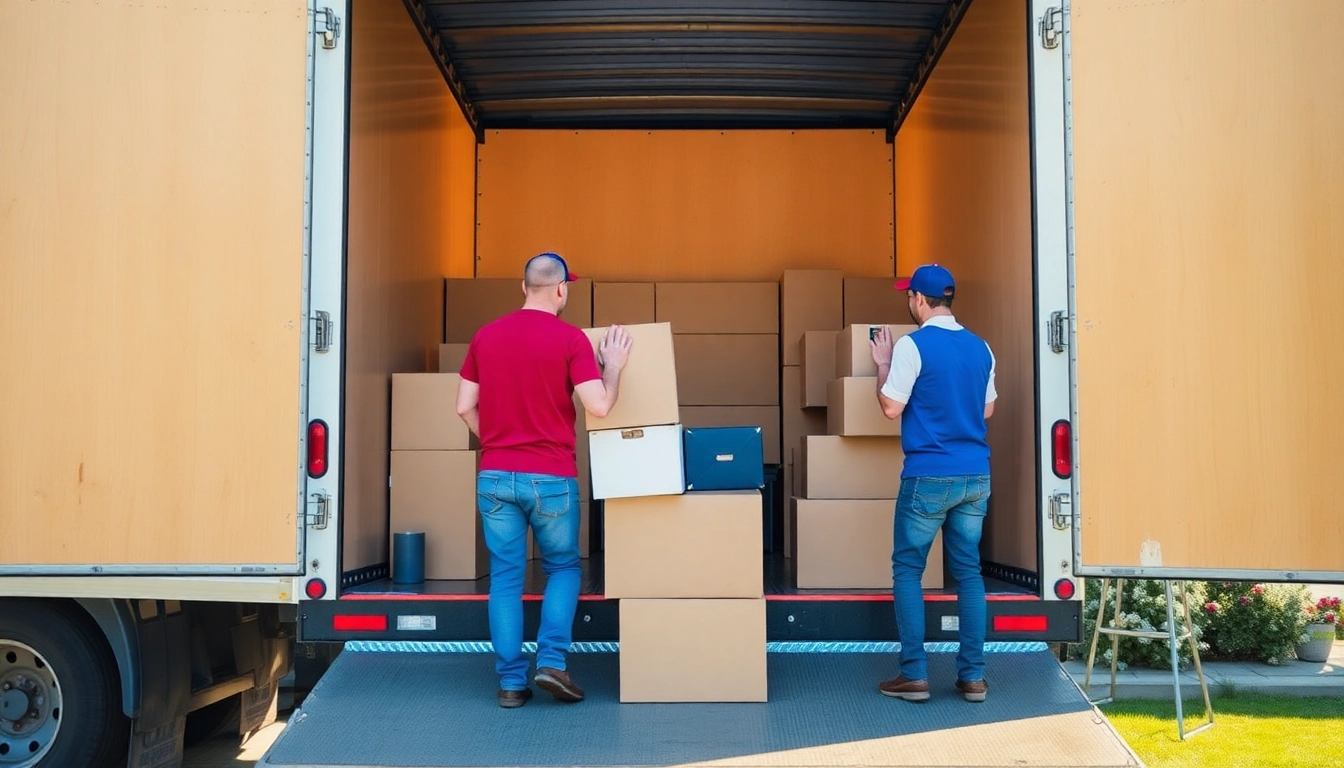Understanding Window Tinting
What is Window Tinting?
Window tinting involves applying a thin film to the glass surfaces of vehicles, homes, or commercial buildings to reduce the amount of sunlight that enters. The film can be made from various materials, including polyester, and it comes in different shades and levels of light transmission. Window tinting not only enhances privacy but also improves aesthetics and elevates the vehicle’s or property’s value.
Benefits of Window Tinting
Choosing to tint your windows comes with several advantages:
- Heat Reduction: Tinted windows can significantly lower the interior temperature by blocking a substantial percentage of sun’s infrared rays, making your car or room cooler and more comfortable.
- UV Protection: Most window tint films block up to 99% of harmful ultraviolet (UV) rays, protecting your skin from sun damage and keeping your furnishings and interiors from fading.
- Privacy: Darker tints provide an added layer of privacy, making it harder for outsiders to see inside your vehicle or home.
- Glare Reduction: Tinting can reduce glare from the sun, which is especially beneficial while driving, enhancing safety and comfort.
- Security: Tinted windows are harder to break, which increases security and can help prevent theft.
Types of Tint Films Available
There are several types of window tints available, each suitable for different needs and preferences. The most common types include:
- Dyed Window Film: Known for its dark appearance, this film absorbs solar energy and heat, making it a popular choice for privacy.
- Metalized Window Film: This type uses small metallic particles that reflect heat, adding another layer of durability and providing a shiny finish.
- Carbon Window Film: A newer option, carbon films are effective in blocking heat without the reflective properties of metalized films, offering a matte finish.
- Ceramic Window Film: The most advanced option, ceramic films don’t contain metal or dye, offering excellent heat and UV blocking capabilities while allowing for high visibility.
Why Locating the Best Tint Shop Near Me Matters
Local Expertise and Quality
Choosing a local tint shop ensures you receive personalized service from professionals familiar with local laws regarding tinting. They understand the best practices suitable for your area and can tailor their services to meet your specific requirements.
Tailored Services to Meet Your Needs
Locally owned tint shops often provide customized solutions based on customer preferences and vehicle specifics. Unlike larger chains, smaller shops may offer more flexibility in service offerings, allowing for a more tailored approach and quicker turnaround times.
Customer Support and Maintenance
By choosing a local shop, you benefit from ongoing support and maintenance for your tinting needs. Many shops offer warranties or aftercare services, ensuring your investment is protected over time. Regular maintenance can prolong the lifespan of your tint and ensure it remains in excellent condition.
How to Choose the Best Tint Shop Near Me
Researching Local Options
The first step to finding the Best tint shop near me is thorough research. Use online resources and review sites to compile a list of potential shops. Pay attention to their services, expertise, and range of tinting films they provide.
Reading Customer Reviews and Testimonials
Customer reviews are invaluable for assessing the quality of service at local tint shops. Look for detailed testimonials regarding the installation process, customer service, and the durability of the tint films. Platforms like Yelp, Google Reviews, and social media can provide insights into the overall satisfaction of former clients.
Checking Certifications and Experience
It’s important to choose a tint shop with trained and certified technicians. Check if the technicians have completed formal training programs specific to window tinting. Experienced professionals will deliver better installation quality and will be more aware of the latest techniques and products in the market.
Pricing Insights for Window Tinting Services
Understanding Average Costs
The cost of window tinting varies based on several factors including the type of vehicle, the type of tint film selected, and the complexity of the installation. Generally, expect to pay between $100 to $400 for car window tinting, with premium films costing more. It’s advisable to get several estimates to understand the going market rate in your area.
Comparing Quotes from Different Shops
When gathering quotes from different tint shops, ensure you compare not only the price but also the services included. Some shops may offer free cleanup or a warranty on their work, which can affect long-term costs and satisfaction. Look for transparency in pricing and consider the value of additional services offered.
What Influences the Price?
Several factors can influence the price of window tinting:
- Type of Film: As mentioned, different films come at various price points. High-end ceramic films will typically be more expensive than dyed films.
- Coverage Area: The size and number of windows being tinted will significantly impact the overall cost. Larger vehicles naturally require more film and labor.
- Complexity of Installation: If the windows have complicated curves or shapes, it may require more skill and time to install the film properly, increasing labor costs.
- Location: Prices can vary by region due to differences in demand and operational costs. Urban areas may see higher prices compared to rural locations.
Aftercare for Your Tinted Windows
Essential Care Tips
To keep your tinted windows looking great, it’s essential to follow some aftercare practices:
- Avoid Cleaning for a Few Days: After installation, wait at least a week before cleaning your windows to allow the adhesive to set properly.
- Use the Right Cleaning Products: When cleaning tinted windows, use a pH-neutral soap and a soft cloth or sponge. Avoid ammonia-based cleaners as they can damage the tint.
- Regular Inspections: Check your tinted windows regularly for any signs of peeling or bubbling. If you notice any issues, visit the shop as soon as possible to address the problem.
Signs You Need a Reseal or Replacement
Over time, window tints may deteriorate, and knowing when to replace or reseal is crucial. Watch for the following signs:
- Visible bubbles or peeling at the edges.
- Discoloration or fading of the tint, indicating deterioration.
- Increased glare inside the vehicle, a sign of failing film performance.
Frequently Asked Questions About Tint Maintenance
1. How long does window tint last? – Generally, high-quality tints can last anywhere from 5 to 10 years, depending on the film quality and care.
2. Can I roll down my windows after tinting? – It’s advisable to avoid rolling down your windows for a few days after installation to allow the film to properly adhere.
3. Will window tint make my car hot in the sun? – On the contrary, tinted windows help reduce the amount of sunlight entering the car, keeping it cooler than untinted windows.


